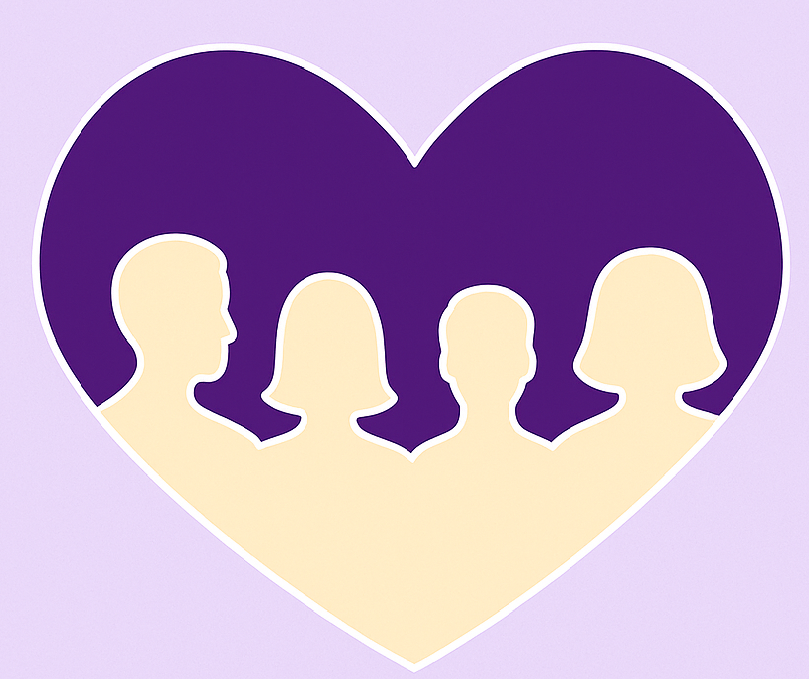Boundaries are how you teach others to respect your space — and how you protect your healing.
They don’t have to be complicated. Boundaries are about saying what’s okay and what’s not. For survivors of narcissistic abuse, learning boundaries is one of the most powerful steps toward freedom.
Many Adult Children of Narcissists (ACONs) grew up in homes where boundaries didn’t exist — or worse, were punished. That’s why setting boundaries in adulthood often feels scary, selfish, or even dangerous. But boundaries aren’t selfish. They’re healthy, necessary, and healing.
What Boundaries Look Like
Boundaries are simply limits that protect your time, energy, and emotional well-being. Examples include:
- “I won’t answer calls after 9 PM.”
- “I’m not available for holiday gatherings this year.”
- “I’m not discussing my personal life with you.”
- “If you raise your voice, I will leave the room.”
Practice Boundaries in a Safe Space
You don’t have to do this alone. The ACON App and Healing Home community provide scripts, encouragement, and peers who understand the challenge. Download the ACON AppExplore More Healing Guides
Why Boundaries Feel So Hard for Survivors
- You were trained to meet others’ needs first.
- You fear rejection or punishment if you say no.
- You’ve been told boundaries are “selfish.”
- You never saw healthy boundaries modeled growing up.
Simple Steps to Start
- Pick one small boundary: Start with something low-risk, like phone times or personal space.
- Use short, clear statements: Boundaries don’t need long explanations.
- Practice repeating calmly: “I’m not available.” “That doesn’t work for me.”
- Expect pushback: Resistance doesn’t mean you’re wrong — it means the boundary is working.
- Celebrate small wins: Every step is progress toward safety and self-respect.
You Are Allowed to Say No
Boundaries are not rejection. They’re protection. They allow you to create relationships built on respect and honesty, not fear and control.
At the ACON Foundation, we believe that learning boundaries is one of the most important skills for survivors to reclaim their lives. Our resources, peer groups, and community are here to support you every step of the way.
👉 Visit aconfoundation.com to connect with others and practice boundaries in a safe, validating environment.
Related Posts
- Why Narcissistic Parents Fear Boundaries
- Walking on Eggshells Isn’t Normal Family Life
- Parentification: When Children Become Caretakers
If you feel unsafe or are in immediate danger, contact local emergency services or a crisis hotline in your country. Online resources are for support and education, not emergency care.

Leave a Reply